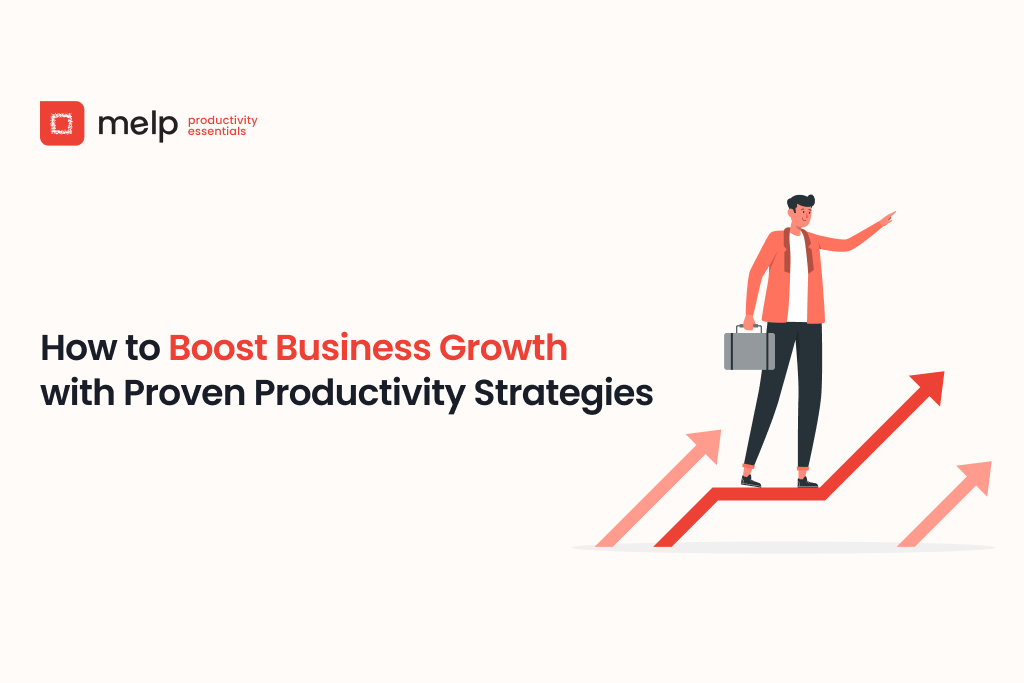
Every growing business eventually faces the same challenge: how do you get more done without exhausting your team? Boosting productivity isn’t just about putting in extra hours. It’s about aligning focus, simplifying processes, and setting your people up for success. When organizations invest in better ways to work, they often see stronger results, happier teams, and real momentum. Here’s a practical look at strategies that work.
Why Productivity Matters Now More Than Ever
Markets change fast, and businesses that can’t keep pace are quickly left behind. Being productive helps your company stay sharp and deliver consistently without draining your people.
True productivity doesn’t mean just moving faster. It’s about working with purpose and direction. When teams are clear on what matters, the workplace naturally becomes more focused and efficient.
Key reasons why productivity matters:
- Keeps businesses responsive in dynamic environments
- Lowers operational waste and delays
- Sharpens focus across roles
- Builds resilience and readiness to grow
Productivity vs. Efficiency: Two Sides of the Same Coin
People often confuse these terms, but they’re not the same. Productivity is about volume — how much work is done. Efficiency is about value — how well that work is handled with the time and resources available.
You could finish a hundred tasks in a week and still not move the needle. That’s why doing the right work, the right way, is what counts.
Here’s how they differ and connect:
- Productivity means getting more done in a set period
- Efficiency means fewer steps, less waste, and better output
- Both need clear priorities to succeed
- High performance depends on a balance between the two
Build a Team That Works With You, Not Just for You

Even with the best tools and plans, it’s your people who make growth possible. It’s not just about hiring smart. It’s about helping them thrive. When people feel their work matters, they bring more energy, ideas, and commitment.
Support, trust, and shared goals are the foundation of any strong team.
To build a strong, engaged team:
- Give each role clear direction and purpose
- Help individuals play to their strengths
- Offer learning and feedback consistently
- Foster growth through honest communication
Don’t Ignore Employee Well-Being
Productivity doesn’t come from pushing people harder. It comes from supporting them better. A tired or disengaged employee can’t deliver their best, no matter how skilled they are.
Healthy teams bring stability, creativity, and long-term performance.
Ways to support your team’s well-being:
- Respect boundaries and offer flexible options
- Allow time to recharge without guilt
- Acknowledge effort regularly
- Build space for two-way conversations

Strong Communication Leads to Strong Results
Even high performers struggle if they don’t know what’s going on. Miscommunication leads to delays, duplicated work, and missed goals. On the other hand, clear and consistent communication keeps everyone moving in sync.
It also builds collaboration into everyday work without adding extra friction.
What good communication in a team looks like:
- Messages that are timely and to the point
- One central space for important updates
- Clear follow-ups on decisions
- Room for questions without bottlenecks
Streamline Your Digital Environment
Too many tools can slow down progress instead of helping. When your team wastes time jumping between platforms or fixing sync issues, energy drops, and errors rise.
Simplifying your tech stack makes life easier and keeps the focus on the actual work. From managing calendars and hosting meetings to sharing files, organizing group chats, translating on the fly, or coordinating tasks, businesses today need a platform that brings it all together in one place. That’s where tools like Melp Team Collaboration Platform quietly stand out, helping modern teams communicate, collaborate, and create without friction.
Smart ways to simplify your work environment:
- Use one calendar that works for everyone
- Keep files organized and searchable
- Consolidate where updates and tasks are tracked
- Remove extra apps that don’t serve a clear purpose
Final Thoughts
Productivity isn’t about adding more to everyone’s plate. It’s about setting up systems where people can do their best work without confusion or chaos.
Small changes, like clearer communication or less tool-hopping, can make a big impact. The more you support focused, intentional work, the more your business can grow with purpose.
Ready to Work Smarter, Not Harder?
Start simplifying your workflow and boosting your team’s productivity with smarter tools. Explore how Melp can help you connect, organize, and grow all in one place.